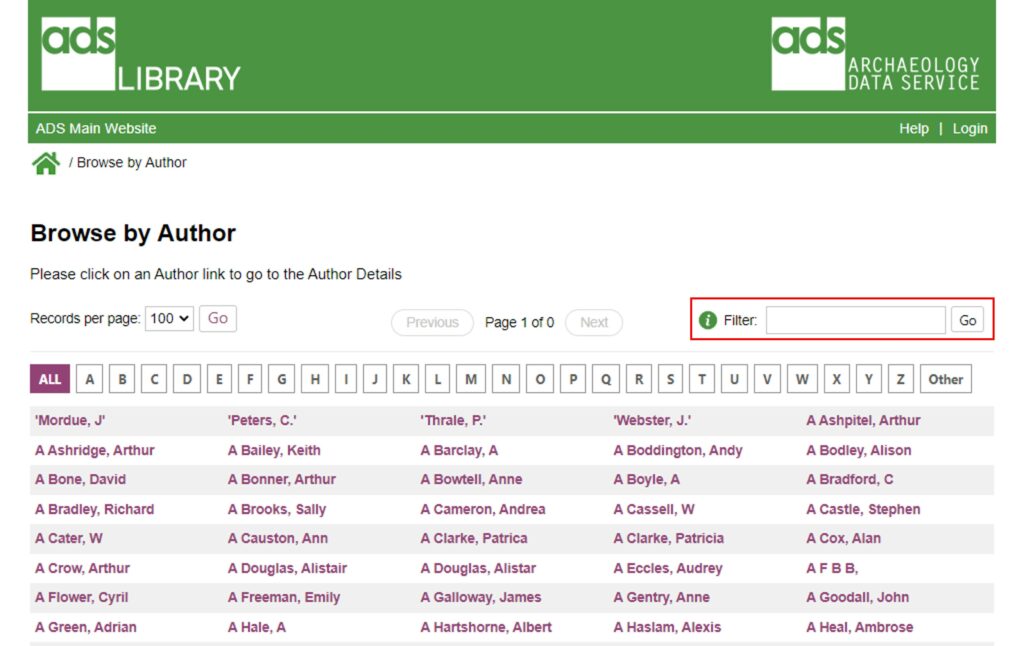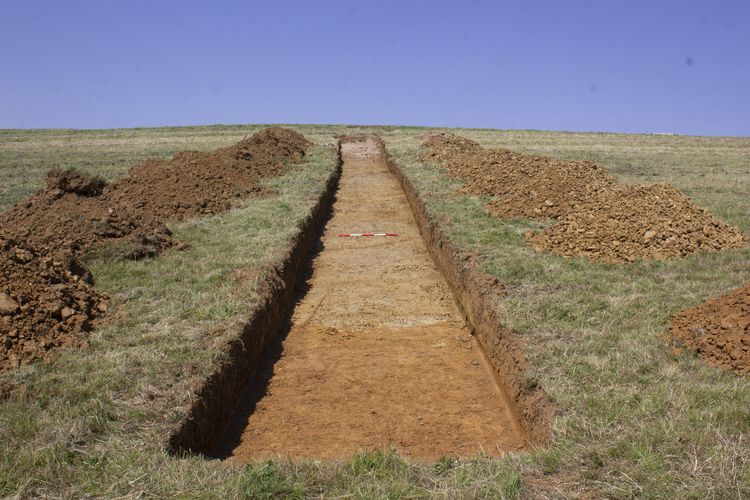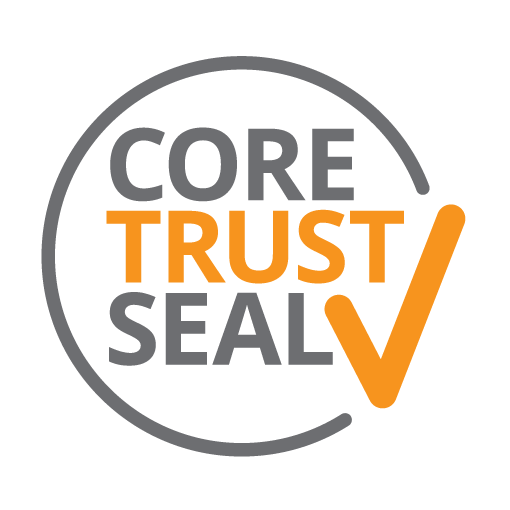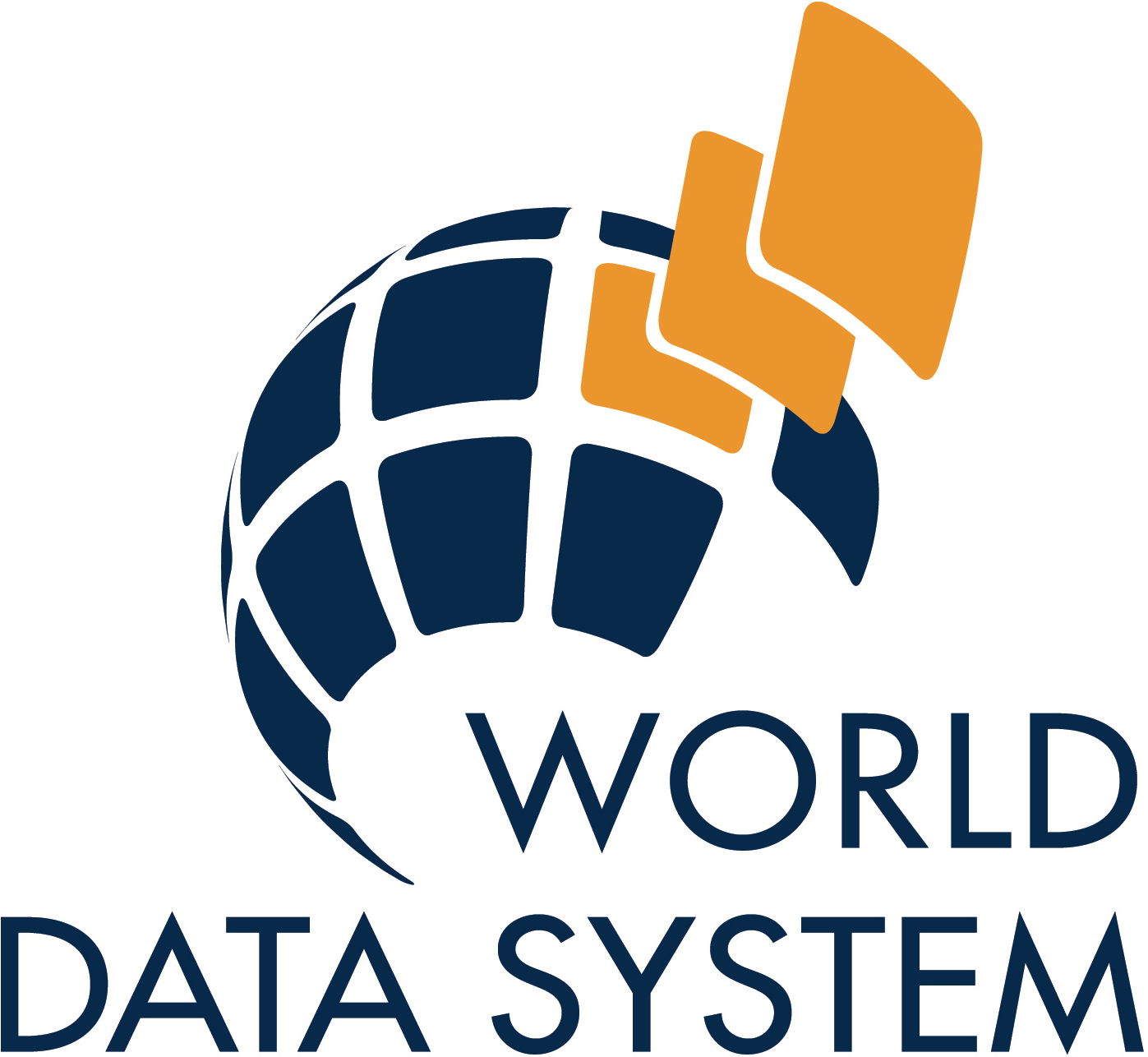Introduction
Recently we received a query on Twitter about how to best search for specific authors using the ADS library. Specifically the query asked how best to search for specialist contributions (otherwise known as contributing authors) to a report or publication. We felt that it was an important question that others who use the ADS library might also find useful so we thought it was best to explain all of the background in this blog post!
Here is what this post is going to cover….
- Background
- Where does author information come from?
- The origins of the ADS library
- Depositor info
- So, how do you search for authors?
- Call to action: How can you help improve the ADS library!
Background
Before we get to the main event (i.e. how best to search for authors), it is important to understand the background to this data, specifically where does the information for authors come from and what are the pitfalls in this data. This context is important for understanding how best to search the library and what difficulties you may face.
Where does author information come from?
The author or contributing author metadata that we are given for any form of text document that we hold comes from three main sources:
- OASIS – the online reporting system that enablings archaeological and heritage practitioners to provide information about their investigations to regional Historic Environment Records (HERs)
- The ADS Archives – from the archives deposited with ADS where reports are covered by metadata files that provide details such as title, author etc.
- Backlog scanning or rescue projects – as above reports are covered by metadata files BUT are often lacking in detail as they are compiled after the event.
The metadata that details authors from these three sources is then transferred or loaded into a local (ADS) system called the Object Management System (a database!), which stores this metadata and links to the original digital object. This metadata is then copied into another database, which you know as the ADS Library.
The origins of the ADS library
The ADS library was originally a Historic England funded initiative to have the outputs of OASIS, other ADS holdings, and the old British & Irish Archaeological Bibliography (BIAB) database in one place. Some of you may know what the BIAB was (and may have used it to), but for those who don’t, it was an old reference database that used to be compiled by the Council of British Archaeology (CBA) from various sources.
Combining this data into the ADS library has made for an extensive database, however, it also comes with some difficulties. As the Library combines ADS author metadata with historic metadata from BIAB, the author index can be a bit hard to navigate.
So for example if you were looking for Jeremy (Jerry) Evans you’d find multiple entries for:
- Jeremy Evans
- Jerry Evans
- J Evans
- JG Evans
- J G Evans
All of these entries relate to the same person, however, as they are slightly different they come up as different search results. Although the ADS does some tidying and cleaning of this data as we accession and load it, we unfortunately don’t have the resources available to maintain a running operation for sorting through authors.bUnfortunately this somewhat messy set of author metadata has an impact on what we can build as an index on top.
Depositor info
In part the accuracy of our author data is reliant on the depositor (i.e. the person or organisation supplying the ADS with files) to provide accurate metadata. As with any digital dataset, typos and inconsistencies between authors are common. To mitigate this somewhat we advocate using ORCIDs (see below) so that we can accurately identify an individual and collate all their papers and reports in one place. We’ve noticed an uptake in ORCIDs through the old OASIS system (about 800!), so this is helping build a cleaner index, but will take time for us to refine things down further.
In terms of specialist authors, or any contributing authors, it is also up to the depositor to supply all relevant information. In some instances units only use ‘Unit name’ as an author rather than a specific person, which makes individual author searches more difficult. It is also up to the depositor to decide whether to include all contributing authors in the metadata. The ADS do not set this as a requirement as it is difficult to check this information at the ingest/accession phase. For example, when a report comes in an ADS archivist will open the report and check it for technical errors (normally things like whether embedded images have corrupted), as well as basic checks that it’s the correct report for the right project/site. Typos in author names will be resolved at this point, however, it would be a lot of work to check that all contributing authors are included at this stage and therefore we do not take responsibility for making sure everyone is listed. We’d like to be able to check all of these author details, but doing this and then passing the task back to the depositor all adds time to the process. Adding on further quality checks would add to our staff cost and delay throughput of material.
So, how do you search for authors?
Bearing all of the above in mind (sorry it was a lot), the best way to search for specific authors is to use the ‘Browse by Author’ function. By using the filter box (outlined in red below) you can search for specific people using ‘surname, first name’ or ‘surname, first initial’. For example, ‘Garland, N’ or ‘Garland, Nicky’.
An alternative way to search for authors is to go to the main search page and apply filters shown on the menu on the left hand side of the screen. These filters include Access Type (whether we hold the report/article at the ADS), Country, Period, Series (the name of the specific publication type), Subject, Publication Type and Publication Date. As you add more and more of these filters the list of Authors (which includes Author Contributing) is refined. You can then use the ‘Author’ filter to try and search for the specific person that you’re looking for. All pretty simple really!
However, as we’ve explained above the Author index is only as good as the data we’re given. So if we have five separate entries for Jeremy Evans this is really difficult to build into a single index. But that doesn’t mean it can’t be improved for the future! Recently Dr Richard Nevell, Programme Coordinator for Wikimedia UK, wrote a blog post, about linking ADS author data to Wikidata. This is an important step into making author data from the ADS more interoperable.
Call to action: How can you help improve the ADS library!
We wanted to finish by asking for a call to action for all of you! Your actions can help us improve the author functionality of the ADS library (as well as other parameters). So how can you help
Consider using an ORCID when contributing data to the ADS. What is an ORCID I hear you cry? ORCID stands for Open Researcher and Contributor ID and provides a persistent digital identifier that distinguishes you from every other researcher. It also supports automated linkages between you and your professional activities ensuring that your work is recognized in different databases, including the ADS. If you’d like to find out more, our director Julian Richards wrote a blog post about ORCIDs back in 2014
If you are contributing to OASIS V please consider adding all of the authors (including specialist and contributing authors) when you fill out the metadata form for your report or publication. By contributing this data at the point of accession, these authors will be automatically included in the ADS library when accepted. This will make the search author function that much more powerful and useful for the future.







